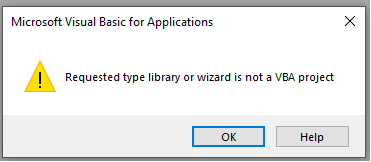List of synonyms of unfortunate. Any of which may have better described what many businesses and IT support felt on startup after the update.
Unfortunate
meaning:
bringing about ruin or misfortune
sample usage:
an unfortunate chain of events destroyed the business
Synonyms for unfortunate
calamitous, cataclysmal (or cataclysmic), catastrophic, damning, destructive, disastrous, fatal, fateful, ruinous
Words Related to unfortunate
apocalyptic (also apocalyptical)
hapless, ill-fated, ill-starred, luckless
adverse, baleful, baneful, damaging, deleterious, detrimental, evil, harmful, hurtful, ill, injurious, noxious, pernicious, prejudicial

